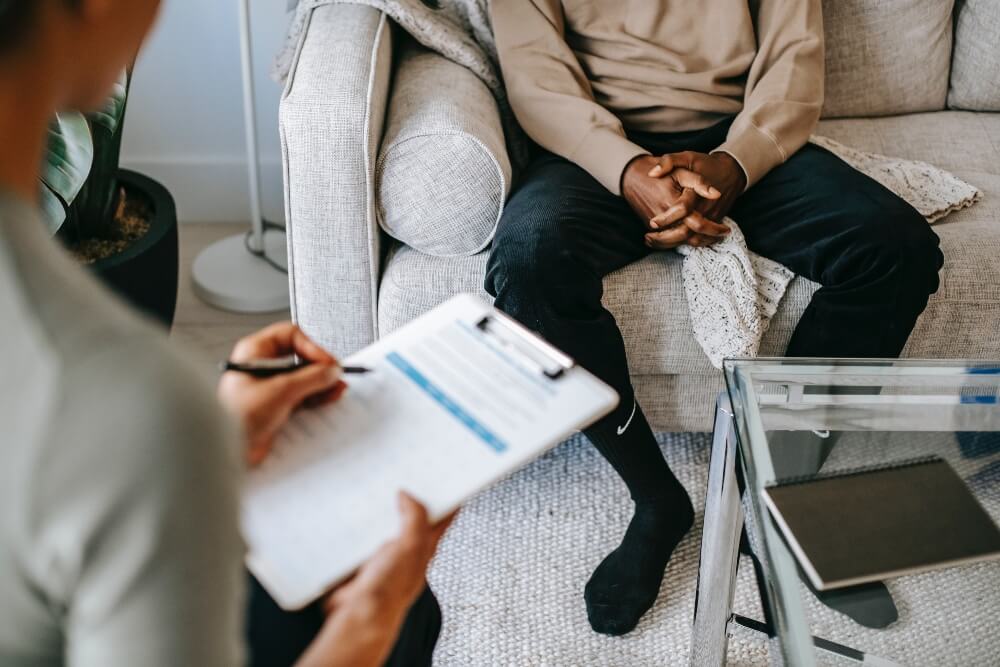


Donovan - Life Coach
Founder and Owner
Facebook
Twitter
LinkedIn


Founder and Owner
